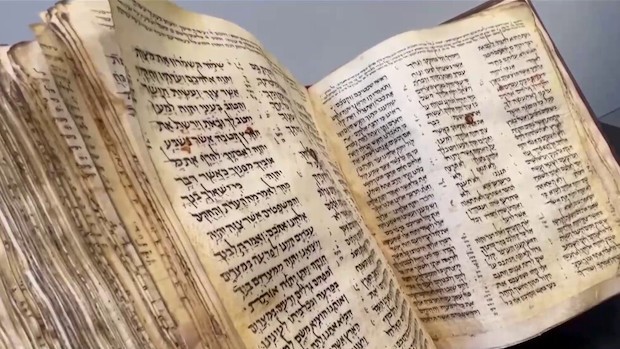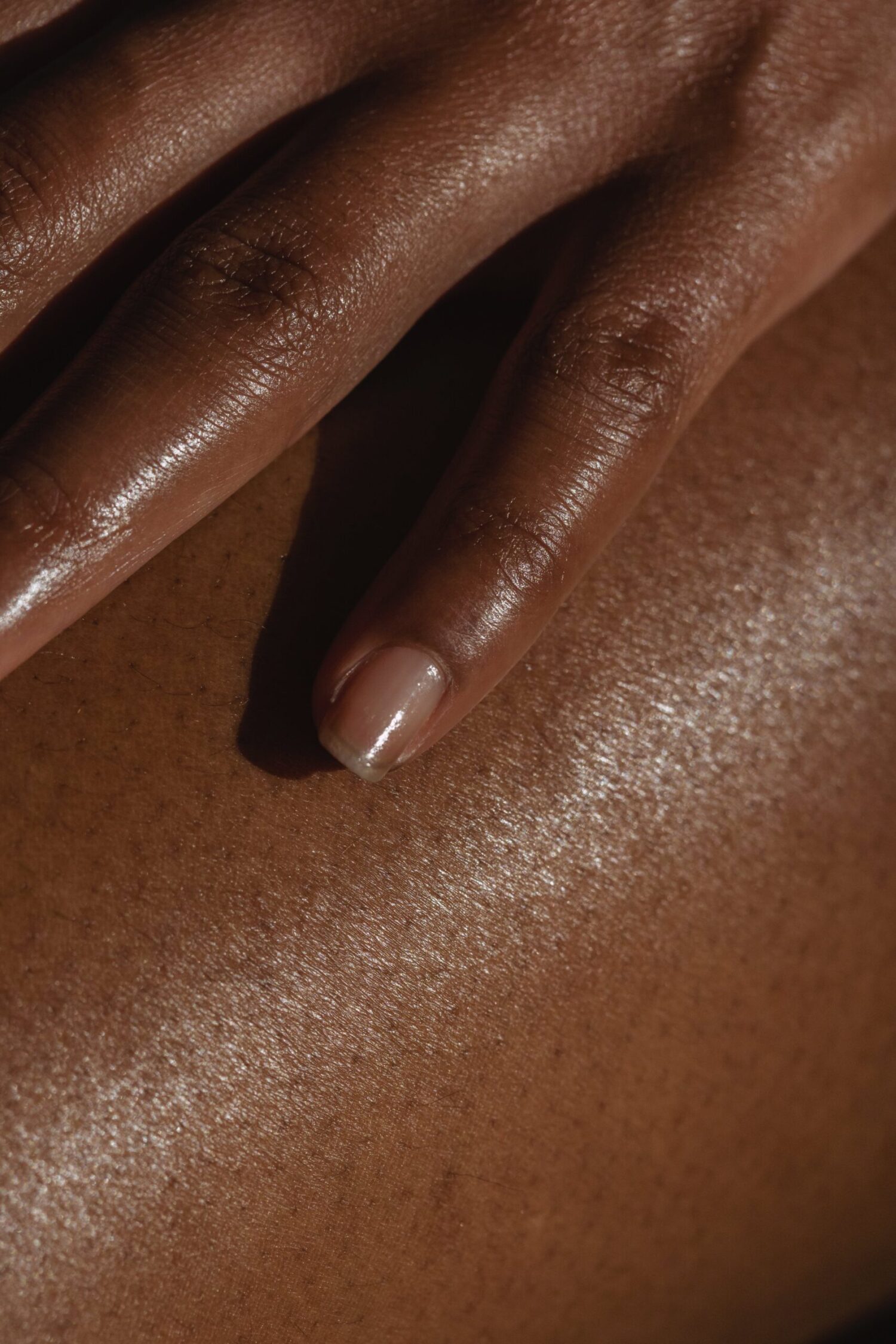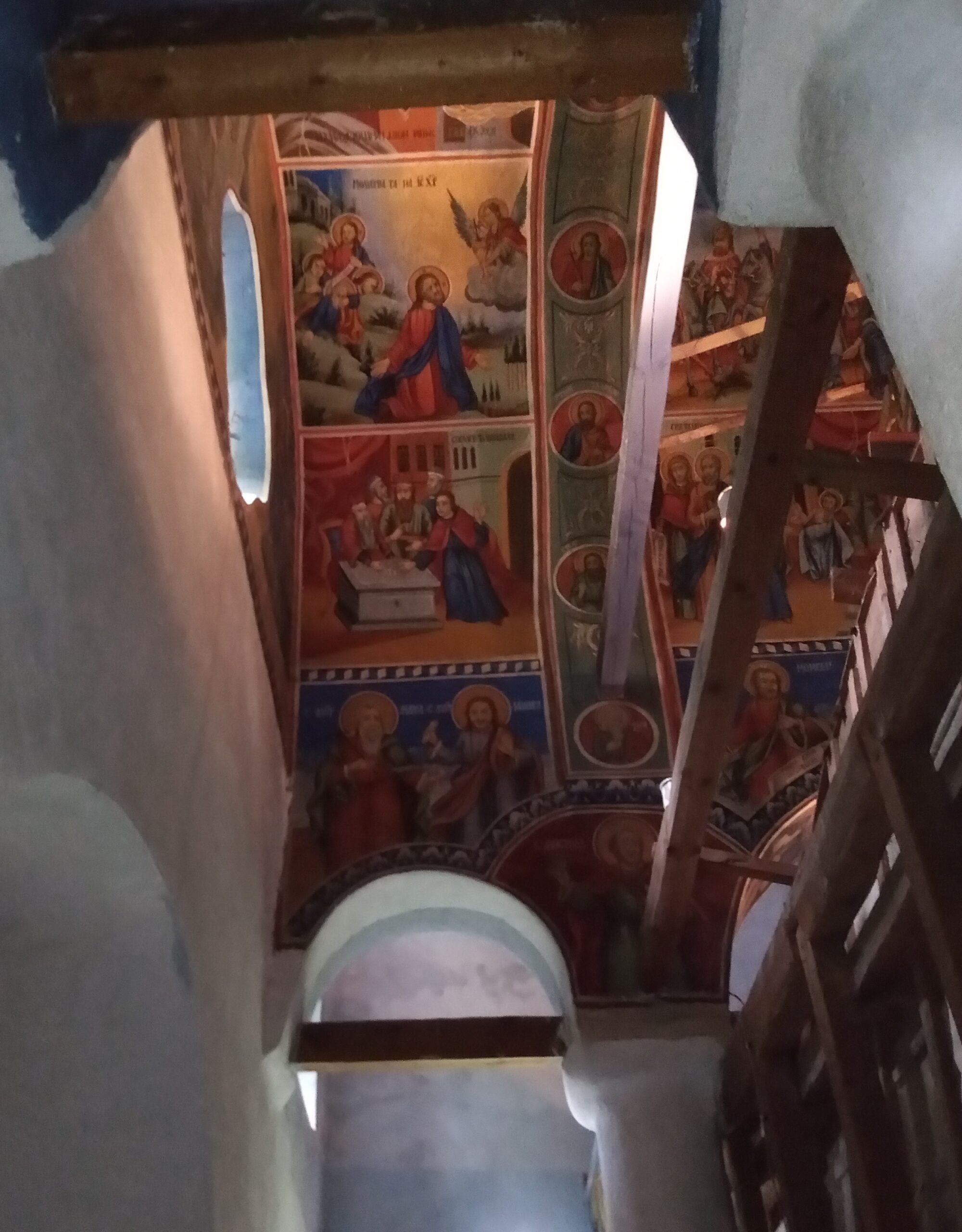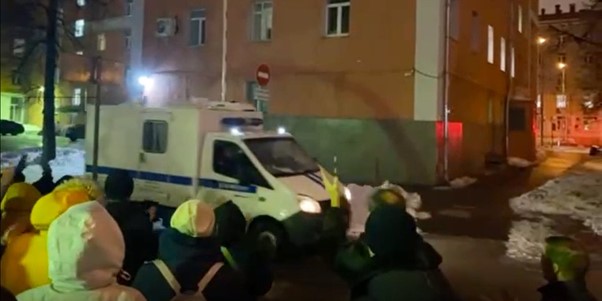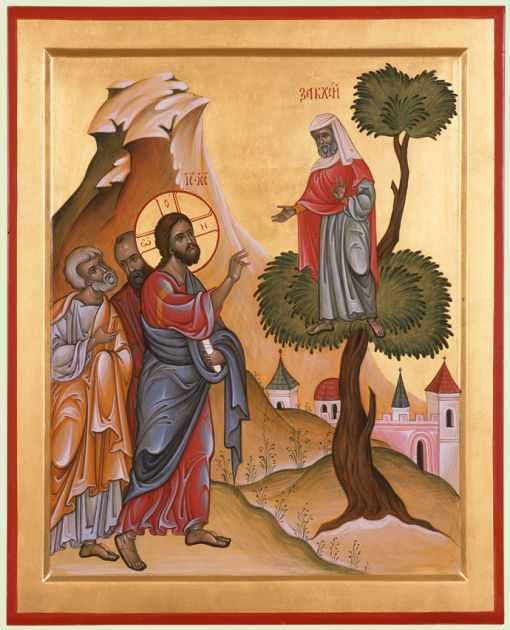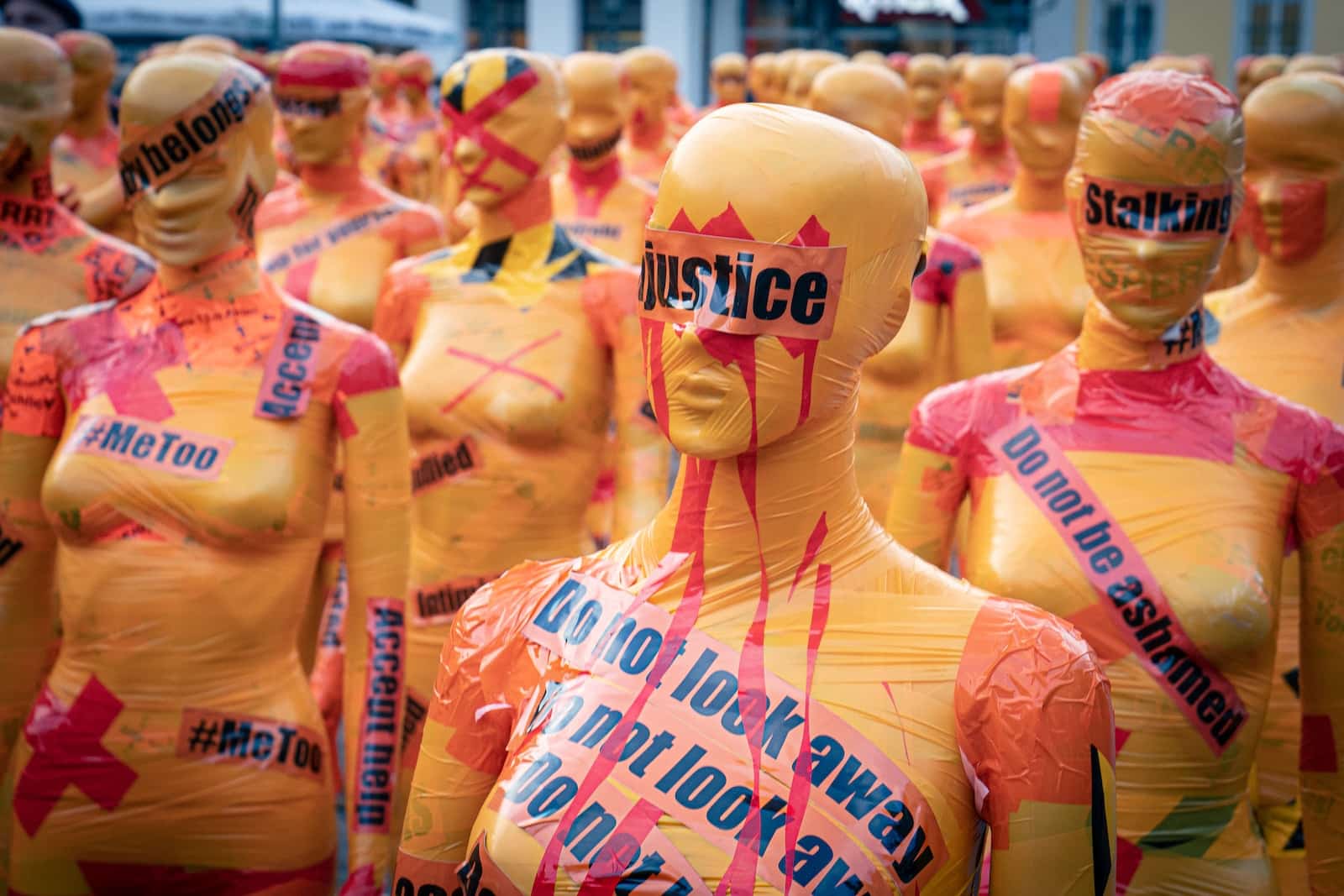By St. John Chrysostom
Then, after the death of Terah, the Lord said to Abram: get out of your land, and from your family, and from your father’s house, and go to the land that I will show you. And I will make you into a great language, and I will bless you, and I will magnify your name, and you will be blessed. And I will bless the one who blesses thee, and curse the one who swears thee: and all the families of the earth shall be blessed because of thee (Gen. XII, 1, 2, 3). Let us carefully examine each of these words in order to see the God-loving soul of the patriarch.
Let us not ignore these words, but let us consider how difficult this command is. Get out, he says, from your land and from your kindred and from your father’s house, and go to the land that I will show you. Leave, he says, what is known and reliable, and prefer the unknown and unprecedented. See how from the very beginning the righteous man was taught to prefer the invisible to the visible and the future to what was already in his hands. He was not commanded to do something unimportant; (commanded) to leave the land where he had lived for so long, to leave all his kinship and his entire father’s house, and to go where he did not know or care. (God) did not say to what country he wanted to resettle him, but with the uncertainty of His command he tested the piety of the patriarch: go, he says, to the land, and I will show you. Think, beloved, what an exalted spirit, unpossessed by any passion or habit, was required to fulfill this command. In fact, if even now, when pious faith has already spread, many cling so tightly to habit that they would rather decide to transfer everything than to leave, even if it was necessary, the place in which they had hitherto lived, and this happens, not only with ordinary people, but also with those who have retired from the noise of everyday life and have chosen the monastic life – then it was all the more natural for this righteous man to be upset by such a command and to hesitate in fulfilling it. Go away, he says, leave your relatives and your father’s house, and go to the land, which I will show you. Who wouldn’t be confused by such words? Without declaring to him either a place or a country, (God) tests the soul of the righteous with such uncertainty. If such a command had been given to someone else, an ordinary person, he would have said: so be it; you command me to leave the land where I now live, my kinship, my father’s house; but why don’t you tell me the place where I should go, so that I know at least how great the distance is? How do I know that that land will be much better and more fruitful than this one that I will leave? But the righteous man did not say or think anything like that, and, looking at the importance of the command, he preferred the unknown to what was in his hands. Moreover, if he did not have an exalted spirit and a wise mind, if he did not have the skill to obey God in everything, he would have encountered another important obstacle – the death of his father. You know how often many, because of the coffins of their relatives, wanted to die in the places where their parents ended their lives.
4. So for this righteous man, if he were not very God-loving, it would be natural to think about this too, that my father, out of love for me, left his homeland, abandoned his old habits, and, having overcome all (obstacles), even came here , and one can almost say, because of me he died in a foreign land; and even after his death, I do not try to repay him in kind, but retire, leaving, along with my father’s family, his coffin? However, nothing could stop his determination; love for God made everything seem easy and comfortable to him.
So, beloved, God’s favor towards the patriarch is very great! Those, he says, I will bless who bless you; And I will curse those who curse you, and because of you all the families of the earth will be blessed. Here’s another gift! All, he says, the tribes of the earth will try to be blessed by your name, and they will place their best glory in bearing your name.
You see how neither age nor anything else that could tie him to home life served as an obstacle to him; on the contrary, love for God conquered everything. Thus, when the soul is cheerful and attentive, it overcomes all obstacles, everything rushes towards its favorite object, and no matter what difficulties present itself to it, it is not delayed by them, but everything runs past and stops not before reaching what it wants. That is why this righteous man, although he could have been restrained by old age and many other obstacles, nevertheless broke all his bonds, and, like a young man, vigorous and unimpeded by anything, he hastened and hastened to fulfill the command of the Lord. And it is impossible for anyone who decides to do something glorious and valiant to do it without arming himself in advance against everything that might hinder such an enterprise. The righteous man knew this well, and leaving everything without attention, without thinking about habit, or kinship, or his father’s house, or his (father’s) coffin, or even his old age, he directed all his thoughts to that only, as if him to fulfill the command of the Lord. And then a wonderful sight presented itself: a man in extreme old age, with his wife, also elderly, and with many slaves, was moving, not even knowing where his wandering would end. And if you also think about how difficult the roads were at that time (then it was impossible, as now, to freely pester anyone, and thus make the journey with convenience, because in all places there were different authorities, and travelers must were sent from one owner to another and almost every day moved from kingdom to kingdom), then this circumstance would have been a sufficient obstacle for the righteous if he did not have great love (for God) and readiness to fulfill His commandment. But he tore all these obstacles apart like a cobweb, and… having strengthened his mind with faith and submitted to the greatness of the One who promised, he set out on his journey.
Do you see that both virtue and vice depend not on nature, but on our free will?
Then, so that we know what situation this country was in, he says: The Canaanites then lived on the earth. Blessed Moses made this remark not without a purpose, but so that you would recognize the wise soul of the patriarch and from the fact that he, since these places were still occupied by the Canaanites, had to live like a wanderer and wanderer, like some outcast poor man, as he had to, having, perhaps, no shelter. And yet he did not complain about this either, and did not say: what is this? I, who lived in such honor and respect in Harran, must now, like a rootless, like a wanderer and a stranger, live here and here out of mercy, seek peace for myself in a poor refuge – and I cannot get this either, but am forced to live in tents and huts and endure all other disasters!
7. But so that we do not continue the teaching too much, let us stop here and finish the word, asking your love that you imitate the spiritual disposition of this righteous man. Truly, it will be extremely strange if, while this righteous man, being called from (his) land to (another’s) land, showed such obedience that neither old age, nor other obstacles we have counted, nor the inconveniences of the (then) time, nor other difficulties that could stop him were not able to keep him from obedience, but, breaking all the bonds, he, the old man, fled and hurried, like a cheerful youth, with his wife, nephew and slaves, to fulfill the command of God, we, on the contrary, are not called from earth to earth, but from earth to heaven, we will not show the same zeal in obedience as the righteous, but we will present empty and insignificant reasons, and we will not be carried away by either the greatness of (God’s) promises or the unimportance of what is visible, as earthly and temporary, nor the dignity of the Caller, – on the contrary, we will discover such inattention that we will prefer the temporary to the always abiding, the earth to the sky, and we will place the thing that can never end lower than that which flies away before it appears.”
Source: St. John Chrysostom. Conversations on the Book of Genesis.
Conversation XXXI. And Terah gave water to Abram and Nahor his sons, and to Lot the son of Arran his son, and Sarai his daughter-in-law, the wife of Abram his son: and I brought him out of the land of the Chaldeans, and went to the land of Canaan, and came even to Haran, and dwelt there (Gen. XI, 31)
Illustrative photo: Old Testament Hebrew.



